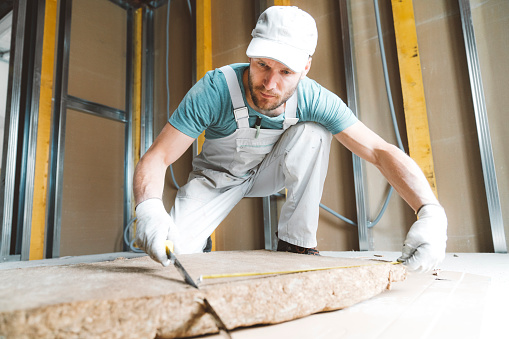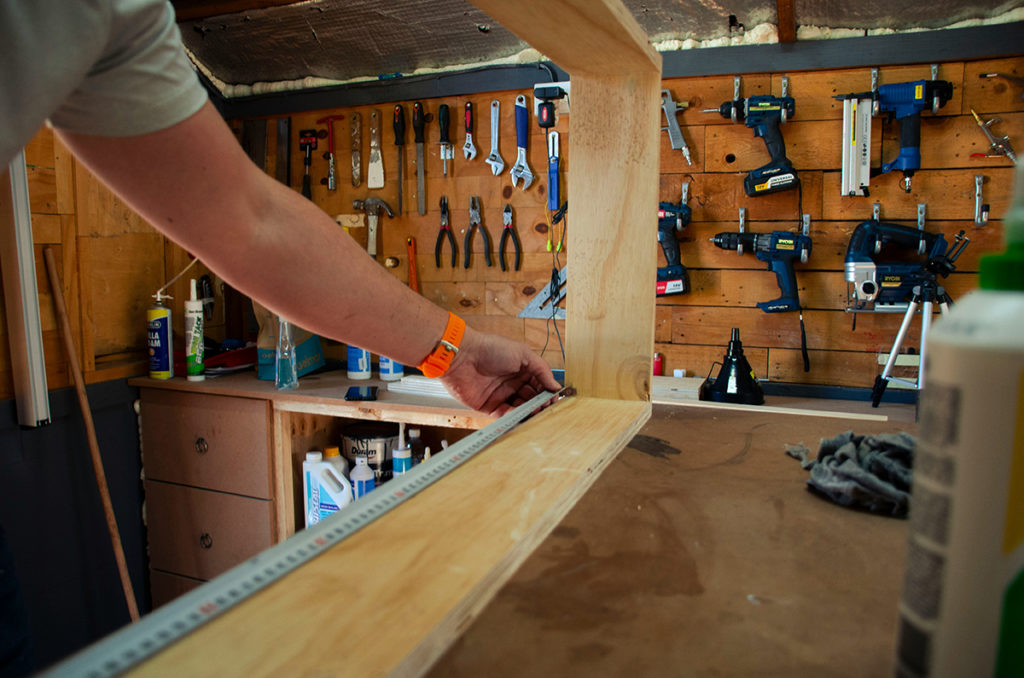More than 250,000 new entrants across multiple disciplines are needed to make the UK’s existing 27m homes reach net zero by 2050, according to a new report.
Roadmap of Skills for Net-Zero: Competencies for Domestic Retrofit is calling for a consistent definition of competencies among manufacturers, installers, and professional assessors. Emissions from homes account for nearly half of the UK’s built environment carbon footprint.
Construction Leadership Council’s people and skills industry sponsor and Travis Perkins chief executive Nick Roberts said: “This requires a consistent understanding of what is needed in industry and the appropriate mechanisms for establishing these in the workforce, including qualifications, training and certification.”
Research shows that 80 per cent of the workforce of 2030 is already working, so the report stresses that upskilling of existing tradespeople is crucial. However, many SMEs or self-employed people may already have sufficient work or can’t afford the cost or time off work. The report urges funding support and that the benefits of upskilling in improving profits and the ability to execute work be highlighted.
The Heat Pump Association has predicted there will be a 29,000 shortfall of installers over the next 25 years.
The report warns that without the government’s commitment to a long-term pipeline of retrofit work with clear policy and funding schemes, there is no incentive for the industry to invest in upskilling.
It says that for net-zero to happen there needs to be enough people to install solar panels, upgrade insulation, and glazing, and installing low carbon heating systems.
Competent people across the full project cycle including advice, planning, design, specification, installation, commissioning, and post-installation review are required.
The report quotes the building safety act as a key driver for creating competence in the construction industry including retrofits. It stresses that specifying minimum levels of competence to undertake retrofit work will incentivise practitioners to upskill. For example, heating engineers can employ existing skills to become heat pump installers.
Colleges should ensure retrofitting is embedded in courses
It calls for retrofitting and low carbon requirements to be embedded in all construction-related education and training and for the sector to be promoted as a rewarding career for school leavers.
An update of qualification and training with new standards and certifications and existing ones to be aligned to the competencies required for effective retrofitting is needed.
Laing O’Rourke group commercial director and CLC skills for a modernised industry workstream lead John O’Connor said: “With the impact of climate change looming large, the need for competent retrofit workers has never been more pressing. To accelerate progress, a concerted focus on enhancing workforce competencies is imperative.”
The report recommends an in-depth assessment of current education and training and how course content matches with key competencies it has highlighted.
“This would provide insight into how to stimulate action and promote a coordinated approach, especially at the regional level,” write the report authors.
Brokers Hank Zarihs Associates said development and refurbishment finance lenders would be keen to support builders diversifying into the retrofit sector.












